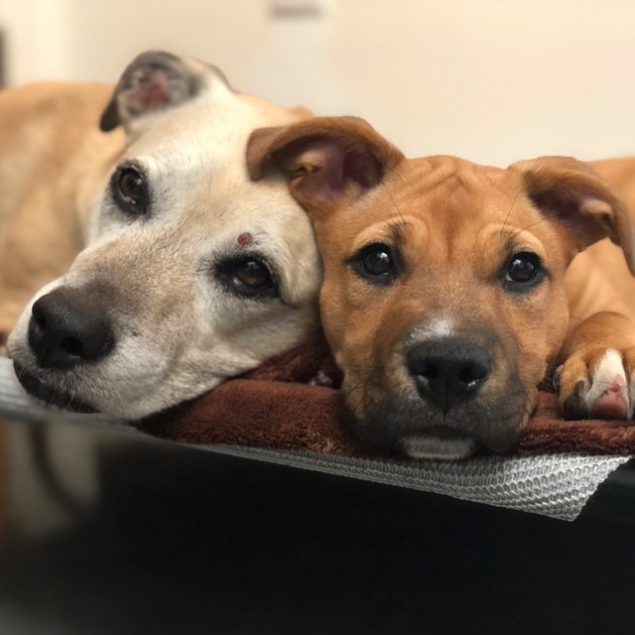Information on Dog Importation for US Rescues, Shelters, and Adoption Agencies
What Rescues, Shelters, and Adoption Agencies Need to Know About International Dog Adoptions

Dog rescue and welfare organizations in the United States can help ensure safe and healthy dog adoptions.
Organizations can:
- Encourage local dog adoption, which can be faster, easier, less expensive and healthier for the adopting family.
- Share positive stories of local adoptions.
- If importing dogs, ensure your organization’s importation processes and paperwork are correct and follow all US requirements. Organizations should be aware that there are consequences for not following US importation rules, including additional costs associated with veterinary care and sending non-compliant animals back to the country of origin.
Protect your facility, if importing dogs
- Consider local disease risks when selecting areas from which to rescue and import dogs. Can you avoid importing dogs from a country with a high risk of rabies? If you cannot, take extra precautions to avoid reintroducing this deadly disease into the US dog population.
- Due to CDC’s temporary suspension of dogs entering the United States from countries with a high risk of dog rabies, you must follow the rules outlined at cdc.gov/DogTravel to bring dogs into the United States.
- Provide complete veterinary care including vaccinations and preventative treatment before importation.
- Quarantine the animals in the country of origin or another foreign country before importation.
- Upon arrival, dispose of or sanitize crates and bedding to prevent the importation of pests, external parasites, and foreign livestock diseases.
- Separate imported animals from other animals in your facility for a duration of time based on disease risks in the country of origin.
- Consult your veterinarian or your state veterinarian’s office to tailor a quarantine policy for your facility.

Routine diagnostic labs often do not have the tools to detect foreign animal diseases, so work with the state veterinarian to get a proper diagnosis.
- Be aware of your state’s regulations for reporting animal diseases such as rabies. Contact your state veterinarian whenever an animal that you have imported falls ill or dies.
- Do not send sick animals to foster homes.
- Sick animals should be isolated at the rescue facility or at a local veterinary clinic until the cause of illness is determined.
- Quarantine animals that have been in contact with the sick animal. Do not place them in foster homes until the state veterinarian has given authorization to move the animals.
Protect your Staff
- Ensure that all staff are trained on the organization’s occupational health and safety protocols.
- Know how to don (put on) and doff (remove) personal protective equipment (PPE) safely.
- Use appropriate PPE with animals that appear sick and have hair loss, vomit, or diarrhea in their kennel or are showing other signs of disease.
- Use appropriate PPE, depending on the disease risks of the rescued animals:
- Gloves
- Face shield or eye protection
- Mask or respirator
- Coveralls, boots, gowns
- Report sick animals to a supervisor and the organization’s veterinarian immediately.
- Practice good hand hygiene. Wash hands:
- Before and after eating
- After using the bathroom
- After handling animals, their food, supplies, or waste
- At the end of a shift.
- Follow the organization’s reporting procedures if a bite, scratch, or other exposure occurs.
Here’s what organizations need to know about dog importation:

Research and plan ahead. There are multiple US federal and state agencies that have regulations for importing dogs.
Ensure dogs that have been in a country with a high risk of rabies meet US entry requirements.
Safety and welfare are a priority. Consider working with an IPATA or IATA member airline, partner, or agent when transporting dogs.
Customs and Border Protection may also have requirements for importing dogs.
USDA requires a dog import permit and valid health certificate when importing dogs for resale, rescue or adoption into the United States.
Every dog must be healthy upon arrival in the United States, or it can be denied entry. If you have questions or concerns, please email cdcanimalimports@cdc.gov
Without the right documents, dogs can be denied entry into the United States and shipped back to the country of departure at the importer’s expense.